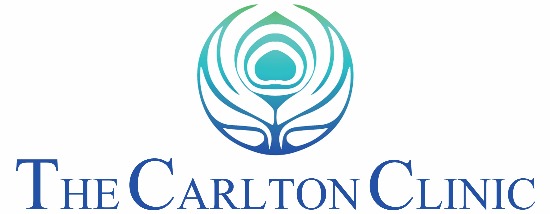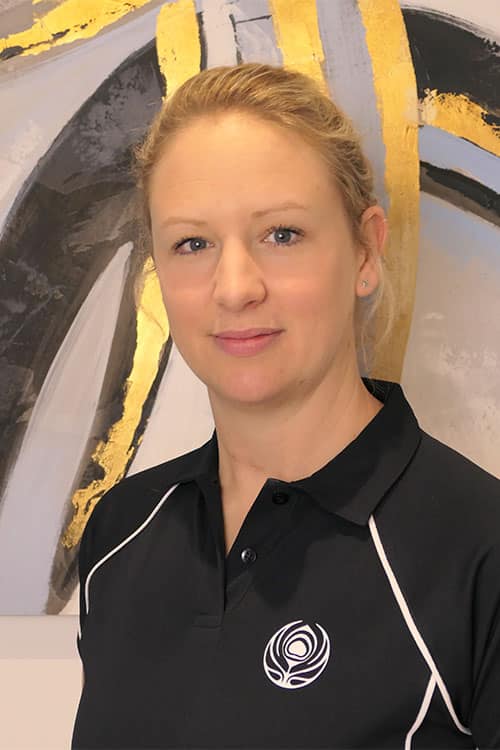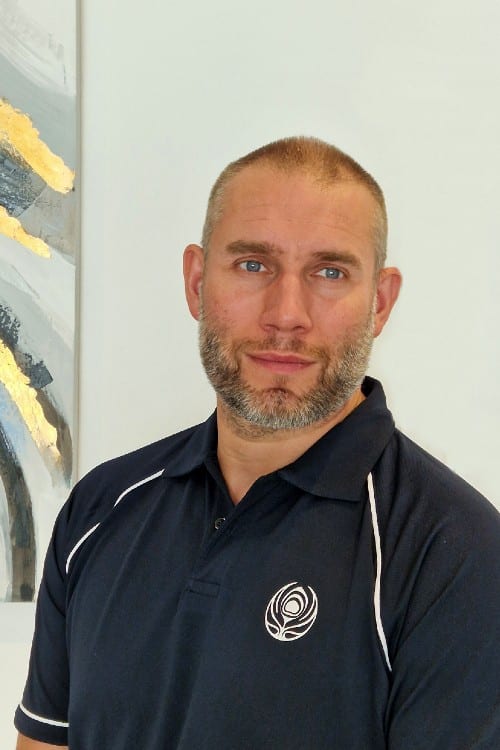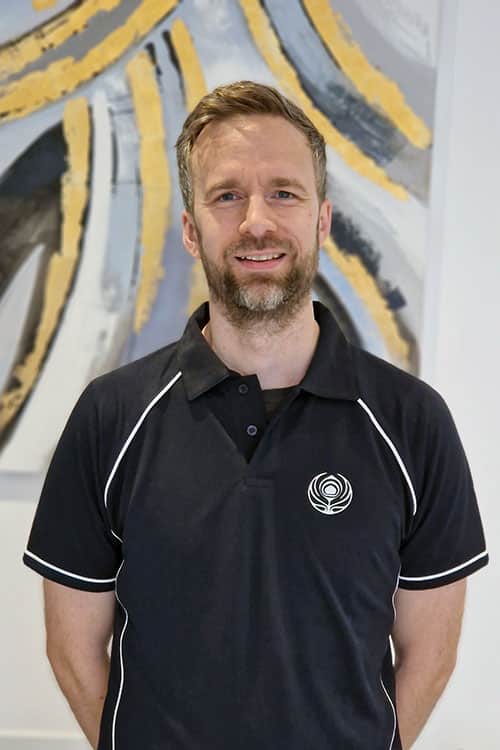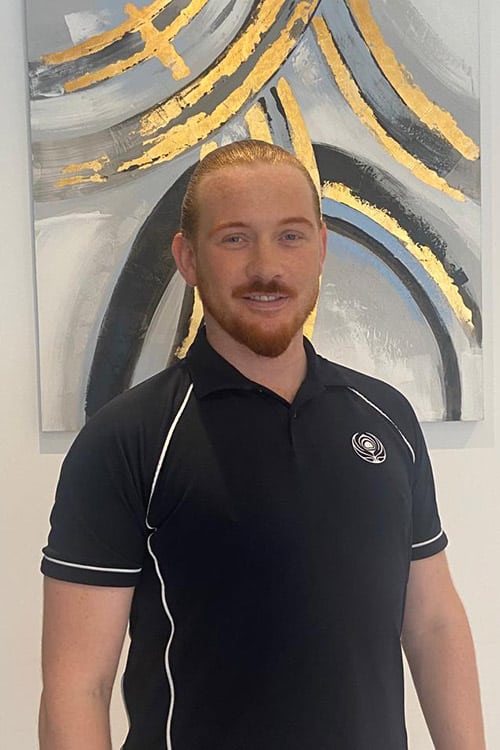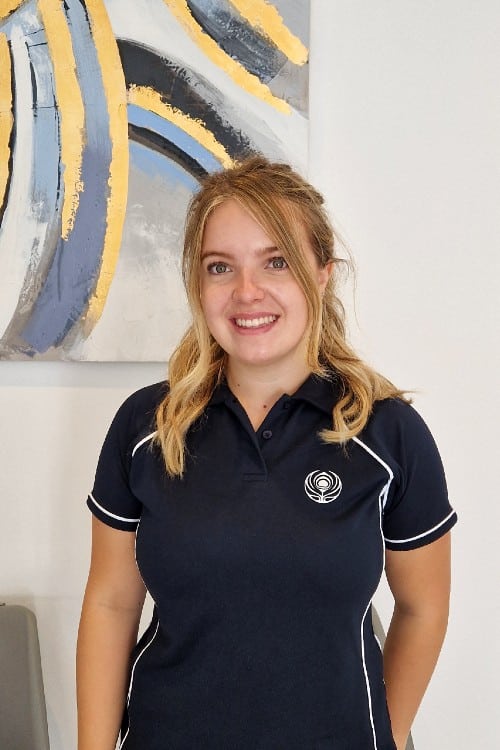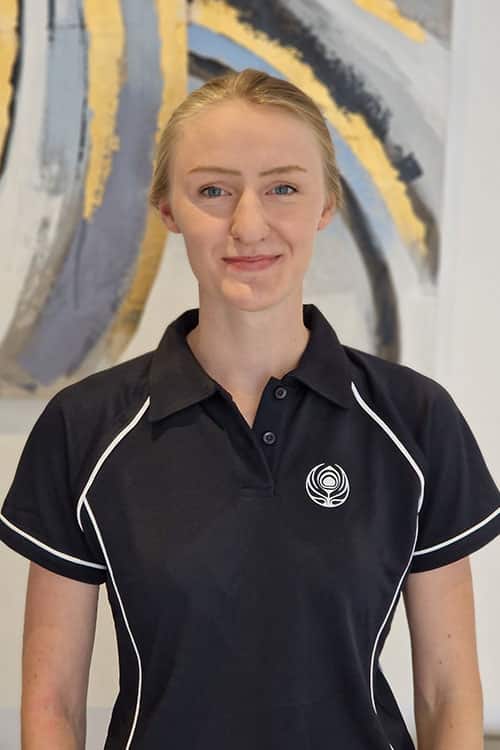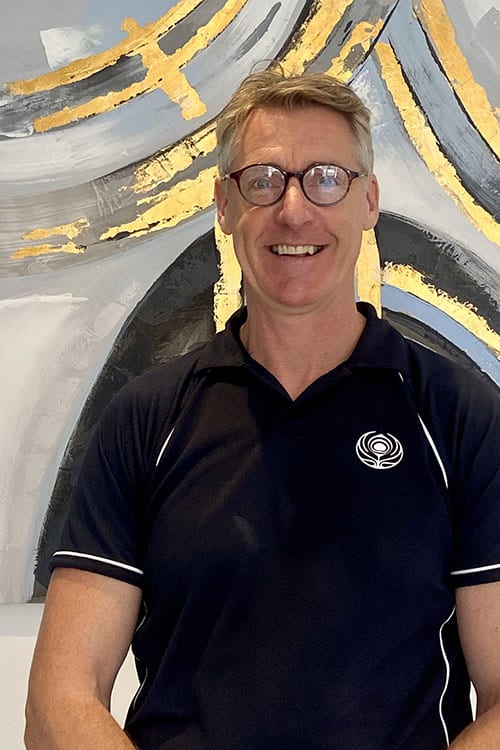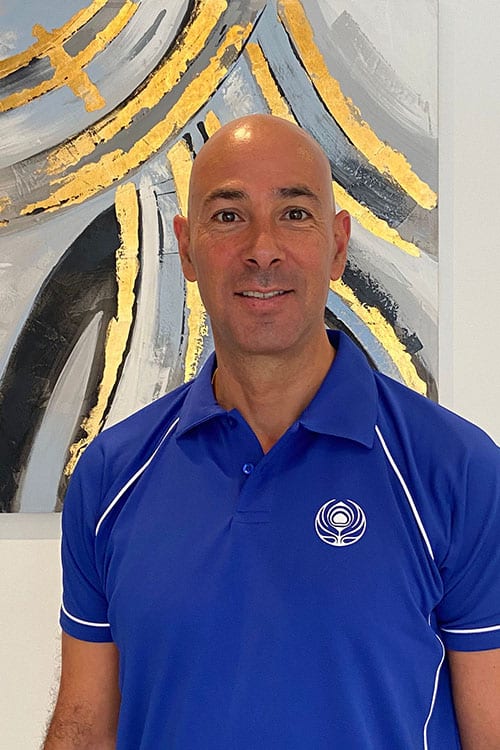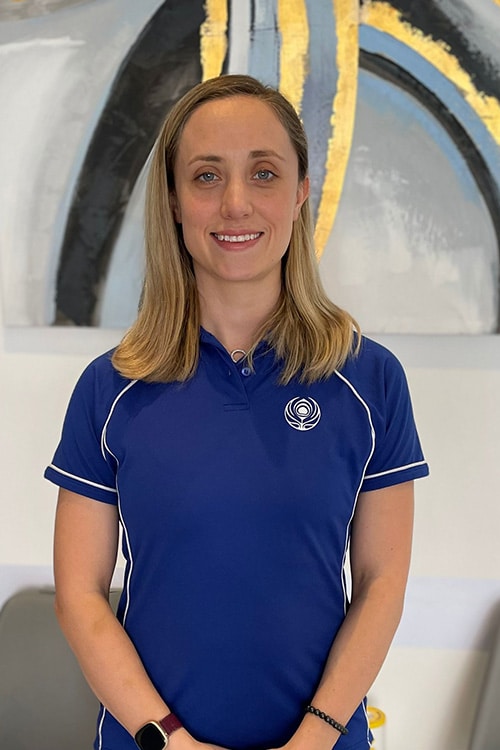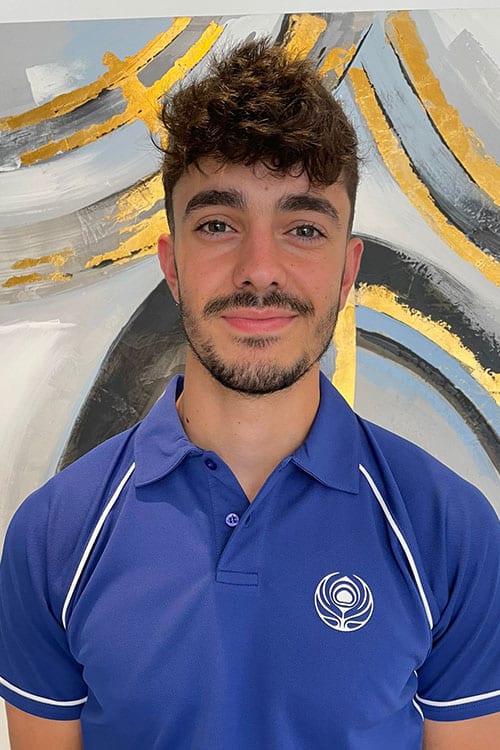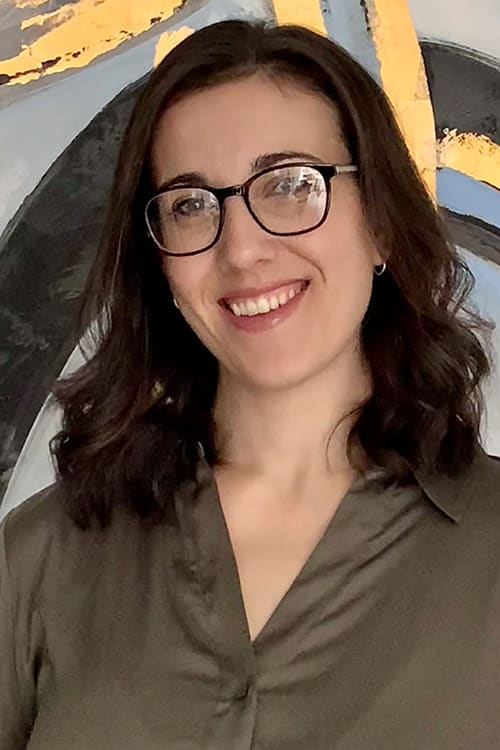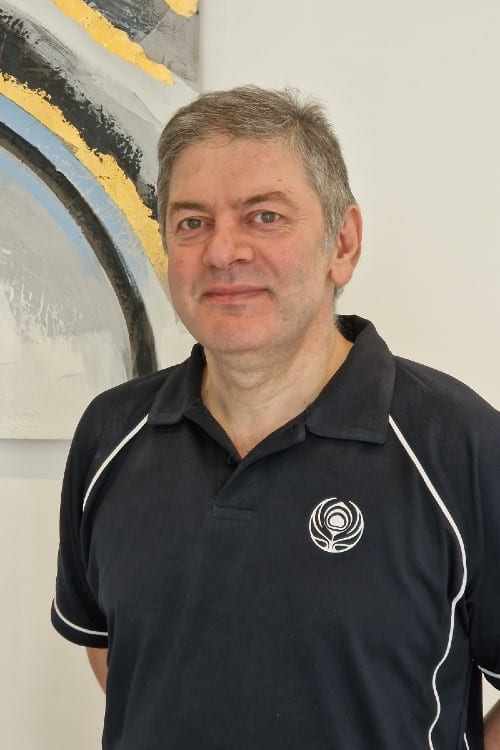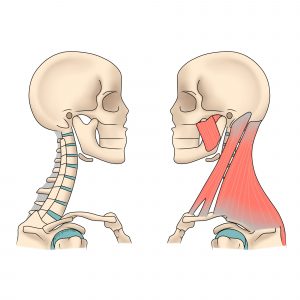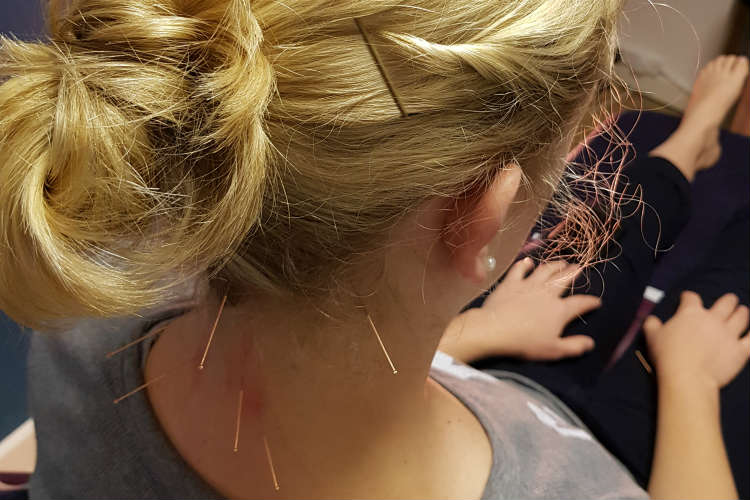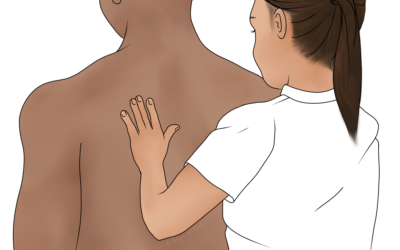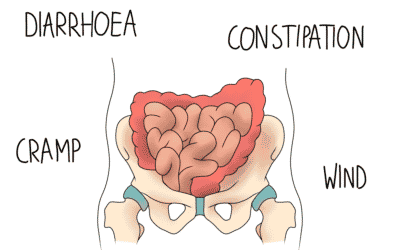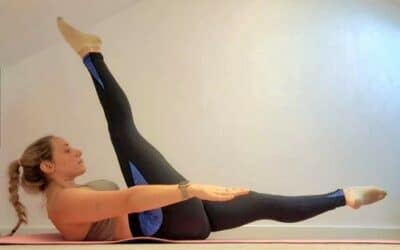Acupuncture
Acupuncture, or dry needling is an effective therapy to treat muscular tension and spasms
What is Acupuncture?
Dry needling is also commonly known as Western Acupuncture. It is often used within osteopathic appointments as an effective therapy to treat muscular tension and spasms, which commonly accompany conditions such as arthritis, nerve irritation, muscular strain, ligament strains and herniated discs.
When performing dry needling, a very small, thin, solid filament needle is inserted in a contracted muscle to create a local twitch reflex. This is both diagnostic and therapeutic, as it is the first step in breaking the pain cycle.
Research shows that this will decrease muscle contraction, reduce chemical irritation, and decrease pain.
Frequently asked questions about acupuncture
Where will the needles be inserted?
The needles are gently and painlessly inserted into what are known as ‘Acupuncture Points’ or ‘pressure points’. These ‘points’ are carefully selected for you by the practitioner.
Is Acupuncture Safe?
Acupuncture is widely regarded as a safe and reliable therapeutic modality in today’s Clinic.
Are the needles sterile?
All needles are gas or gamma sterilised and have clear ‘best-before’ information. They are also designed to be disposed of after a single application.
Does Acupuncture hurt?
Acupuncture needles are hair-fine with a point configuration similar to that of a bullet. Great care is taken when inserting, so Acupuncture needles will not damage the structures beneath the skin.
Price list
Initial treatment
Follow up treatment
Book here
Read the latest on our blog
Find out more about how osteopathy and other treatments can help you manage and prevent injury and pain.
What is an Osteopath?
Osteopaths are primary healthcare practitioners- you can see us without a GP referral and we can diagnose your aches and pains. We specialise in problems with muscles and joints, but some nerve problems fall into our remit as well. What Can I Expect from my...
IBS: Irritable Bowel Syndrome
IBS stands for irritable bowel syndrome, which is characterised by episodes of diarrhoea and constipation, cramp, and wind. You may also suffer bloating and abdominal pain. Diagnosing IBS As the symptoms of IBS are so broad, they could well be a sign of something...
Join us for Pilates classes every Monday in Hookwood and Wednesday in Horley
We are excited to announce that our lovely and bendy Nikki Fenton is running Pilates classes every Monday at 6.30pm, at the Albert Rooms, in Horley. Book online at the Carlton Clinic or call us on 01293 784 200.
